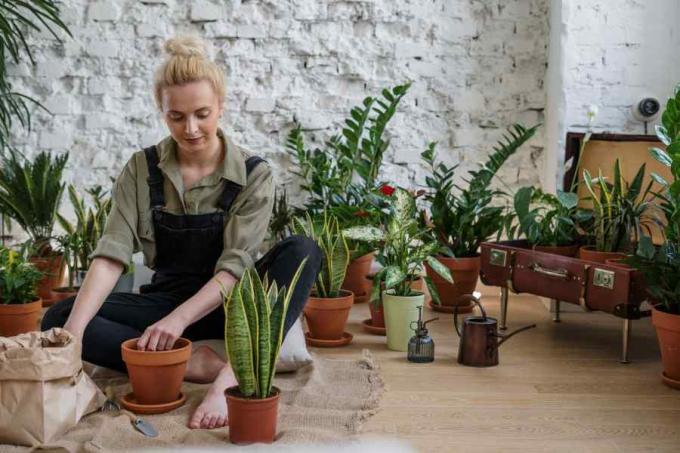
Have you ever heard that having plants in the room Could it be harmful to your health? This belief, which has roots in the 18th century, claims that plants consume oxygen at night, releasing carbon dioxide.
This process, in turn, would supposedly pose a danger to us human beings. But does this idea have a scientific basis?
see more
Stinky Maria: why does this little insect stink so much? Understand now!
Fidelity is the last name: THESE are the 4 signs that do not cheat!

(Image: reproduction)
The story begins with Jan Ingenhousz, a Dutch doctor, botanist and chemist who discovered the photosynthesis, the process by which plants absorb carbon dioxide and release oxygen during the day.
At night, in the absence of sunlight, plants do the opposite, just as we humans breathe. Hence the myth that plants steal our oxygen at night and fill us with carbon dioxide.
But here's the truth: the oxygen that plants need to survive is tiny compared to what we humans consume on a daily basis.
While plants consume about 0.1% of the oxygen in a room, we humans consume an average of 3%. So don't worry, sharing a room with a plant won't suffocate you!
Even NASA got in on the action. In 1989, they conducted a study to investigate natural ways to purify the air in small, unventilated spaces like space stations.
At this time, architecture was changing to reduce natural airflow in buildings to save energy, which was leading to the emergence of health problems.
The results of the NASA study were enlightening: no one suffered a lack of oxygen sleeping with plants in the room.
Additionally, they found that plants such as English ivy, bowtie and chrysanthemum are effective in removing air pollutants such as formaldehyde and benzene.
In other words, not only do they not harm your health, they can also improve air quality that you breathe.
But there is more! A study from Beijing University of Aeronautics and Astronautics revealed that plants can influence our emotions and sleep through their color and fragrance.
Strawberries, for example, increased positive emotion, while cilantro helped improve sleep in an isolated environment.
Lavender, for example, has relaxing properties and can lower the heart rate, providing a more restful sleep. Jasmine is also known for its calming properties.
So, forget the idea that having plants in your room is bad for your health. On the contrary, they can be your allies for a healthier, more pleasant environment and conducive to quality sleep!


